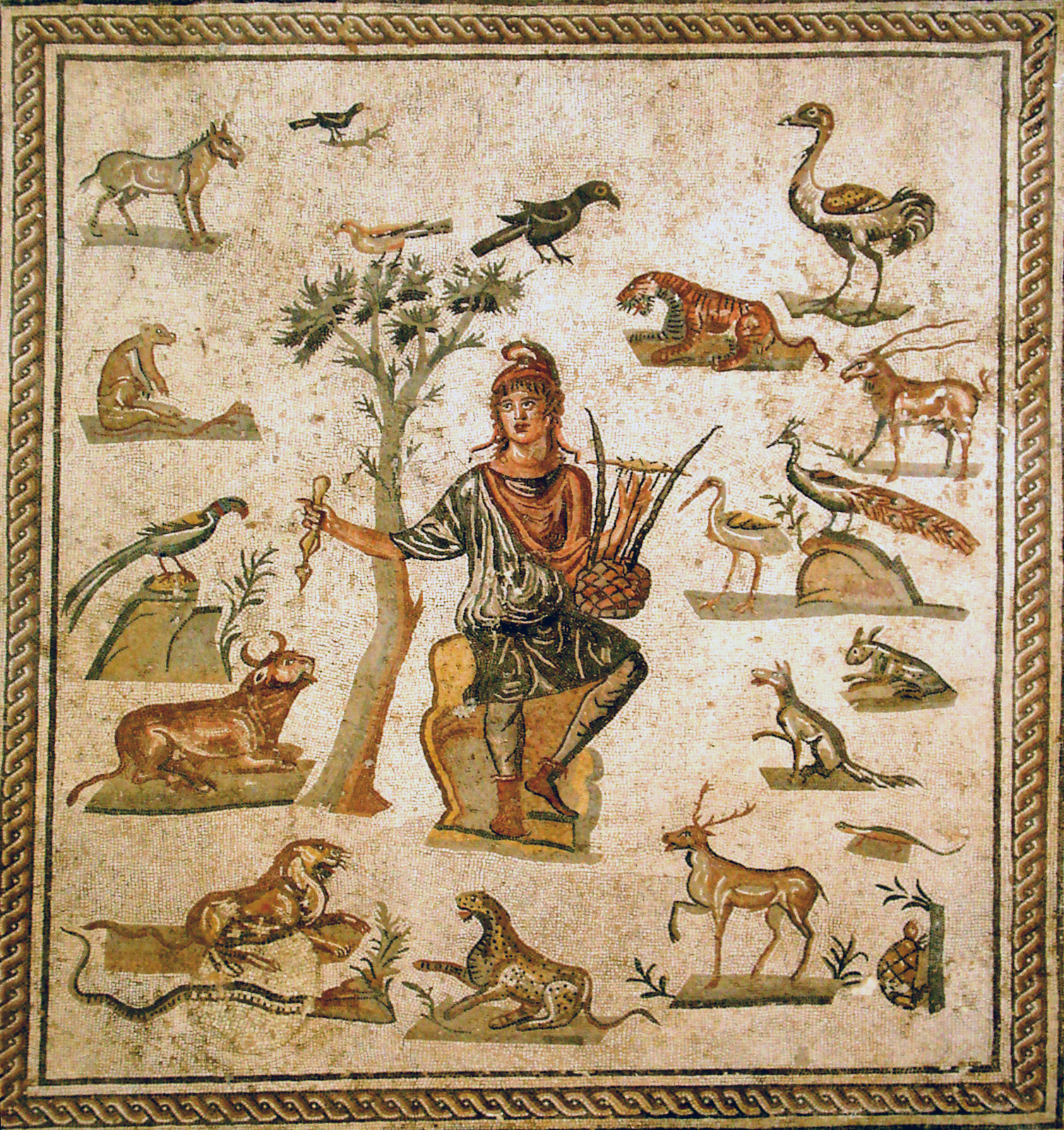
Introduction
The tale of Orpheus is one of the most captivating stories from ancient Greek mythology. Revered as the greatest of all poets and musicians, Orpheus possesses the unique ability to charm all living things with his music. This myth not only signifies the power of art but also raises fundamental questions about love, loss, and the human condition. In recent years, Orpheus has seen a resurgence in popular culture, highlighting his continued relevance in modern society.
The Myth of Orpheus
According to Greek legend, Orpheus was the son of Apollo and the muse Calliope. His musical talents were so extraordinary that they could enchant animals and even inanimate objects. His love for his wife, Eurydice, is central to the myth. When she tragically died from a snake bite, Orpheus descended into the Underworld to bring her back. He won Hades and Persephone over with his music but was faced with a test: he must not look back at Eurydice until they reached the surface. Overcome with love and doubt, he turned to look at her, and she vanished back to the Underworld, a poignant reminder of the consequences of human imperfections.
Cultural Impact
The story of Orpheus has inspired a myriad of interpretations across various forms of art and literature. From ancient Greek tragedies to modern operas, the myth has been transformed and adapted by countless artists. Noteworthy works include Monteverdi’s opera “L’Orfeo” and Jean Cocteau’s film “Orphée,” both of which underscore the tragic nature of Orpheus’s love and the theme of loss. The myth also resonates in music, with numerous compositions, notably by composers like Gluck, whose operatic retelling highlights the emotional depth of Orpheus’s journey.
Modern Relevance
In contemporary discussions, Orpheus serves as a metaphor for the human drive to overcome obstacles and the sacrifices made for love. His story is often interpreted through psychological lenses, suggesting that the descent into the Underworld symbolizes the struggles and anxieties faced in the pursuit of one’s dreams. Furthermore, the myth’s exploration of grief and longing continues to resonate, especially in today’s world where themes of love lost are explored in literature and media.
Conclusion
The tale of Orpheus is timeless, demonstrating the enduring power of music and love, as well as the universal experiences of loss and longing. As society evolves, the myth adapts, maintaining its significance in art and cultural discussions. Looking forward, Orpheus will likely continue to inspire future generations, reminding us of the profound connections between creativity, emotion, and the human experience.
You may also like

The Life and Works of Clara Pinto Correia
